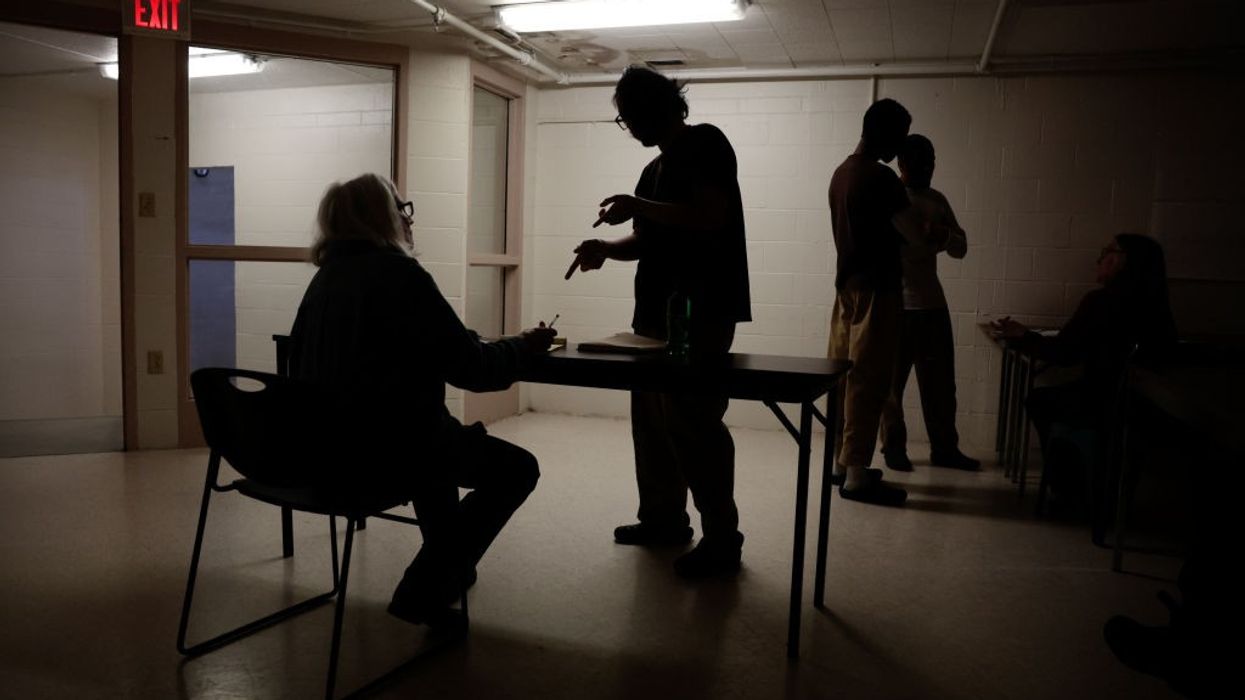Infant Death Rate 3 Times Higher Near PFAS-Contaminated Sites in New Hampshire: Study
One scientist said the new research "provides rare causal evidence" and "not just a correlation" of the dangers posed by forever chemicals to infants.
Infants born to mothers who drank water from wells downstream of sites contaminated by so-called "forever chemicals" in New Hampshire suffered nearly three times the baseline death rate, more premature births, and lower birth weights, a study published Monday revealed.
Researchers at the University of Arizona tracked 11,539 births occurring within 3.1 miles of sites in the New England state known to be contaminated with per- and polyfluoroalkyl substances (PFAS)—commonly called forever chemicals because they do not biodegrade and accumulate in the human body. They found a 191% increase in first-year deaths among infants born to "mothers receiving water that had flowed beneath a PFAS-contaminated site, as opposed to comparable mothers receiving water that had flowed toward a PFAS-contaminated site."
Mothers in the study zone also experienced a 20% increase in preterm births and a 43% higher incidence of low birth weight. Out of every 100,000 births, this equates to 611 additional deaths by age 1, as well as 2,639 extra underweight births and 1,475 additional preterm births.
Extrapolating to the 48 contiguous US states and the District of Columbia, the study's authors also found that "PFAS contamination imposes annual social costs of approximately $8 billion."
"These health costs are substantially larger than current outside estimates of the cost of removing PFAS from the public water supply," the publication states.
As study authors Derek Lemoine, Ashley Langer, and Bo Guo noted:
PFAS from contaminated sites slowly migrate down through soil into groundwater, where they move downstream with the groundwater’s flow. This created a simple but powerful contrast: Pregnant women whose homes received water from wells that were downstream, in groundwater terms, from the PFAS source were likely to have been exposed to PFAS from the contaminated site, but those who received water from wells that were upstream of those sites should not have been exposed.
Previous research has shown the link between PFAS exposure and reduced birth weight, as well as changes in fetal and newborn metabolism.
Forever chemicals are used in a broad range of products, from nonstick cookware to waterproof clothing and firefighting foam. Bills to limit PFAS have died in Congress under intense lobbying from the chemical industry, which has long known—and tried to conceal—the health and environmental dangers of forever chemicals.
More than 95% of people in the United States have PFAS in their blood, according to the US Centers for Disease Control and Prevention. Around 172 million Americans are believed to consume PFAS in their drinking water.
Forever chemicals have been linked to cancers of the kidneys and testicles, low infant weight, suppressed immune function, and other adverse health effects.
Responding to the new research, Duke University associate research professor in environmental sciences Kate Hoffman told the Washington Post that the study "provides rare causal evidence" and "not just a correlation" of the dangers posed by forever chemicals to infants.
While experts say the study demonstrates the importance of more robust federal regulation of PFAS, the Trump administration's Environmental Protection Agency (EPA) is seeking to lift current limits that protect drinking water from four types of forever chemicals.
“This is a betrayal of public health at the highest level," Environmental Working Group president Ken Cook said earlier this year in response to the Trump administration's efforts to roll back PFAS protections. "The EPA is caving to chemical industry lobbyists and pressure by the water utilities, and in doing so, it’s sentencing millions of Americans to drink contaminated water for years to come.”


